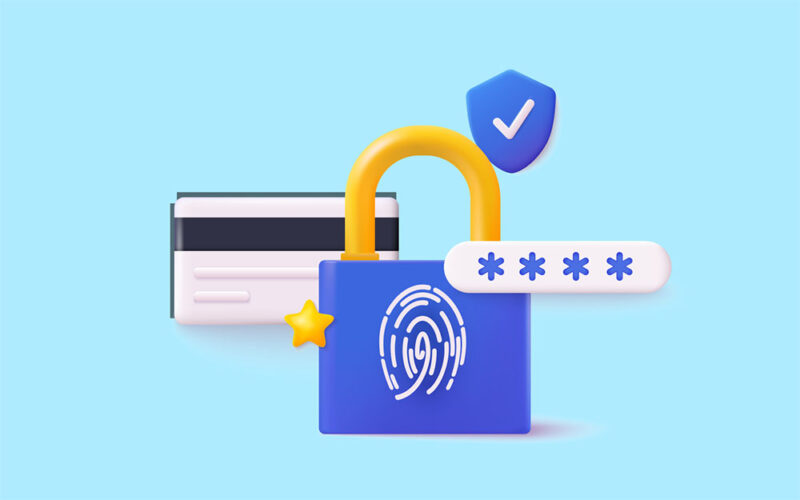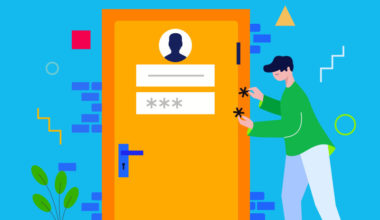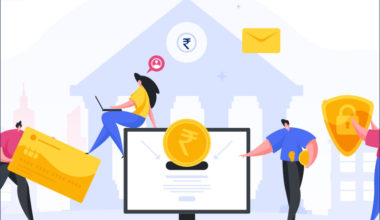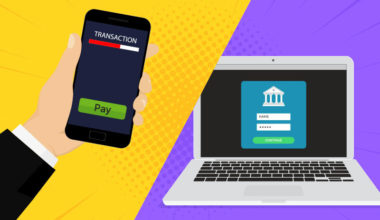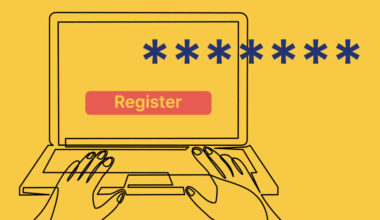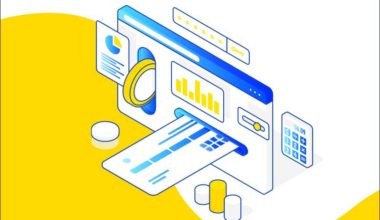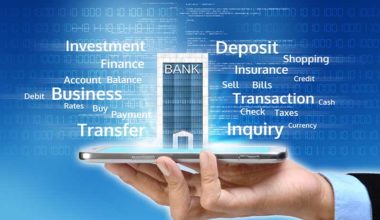The technological advancements in today’s times have witnessed tremendous changes in how we operate our finances. The introduction of e-banking options through mobiles, apps and websites has offered simple and accessible mediums of financial management. The system of online banking is observing undeniable growth and transformation. However, as with other technological developments, internet banking has certain downsides and the user must remain cautious while using online banking. This blog will analyse these issues and provide preventive measures to avoid them.
Tips for a Secure Online Banking Experience
The threats and risks to your online banking information are endless. While there is no way to stop these attacks entirely, you can adopt strategies to avoid them tactfully. Below are some of the most recommended ways to keep your banking system safe.
- Do not neglect the importance of a strong password
When you set up an online banking profile, your provider sets up your credentials. However, you must update your password immediately. This helps you maintain your confidentiality. If you wish to strengthen your password’s effectiveness further, keep in mind the following tips while creating a new code.
- Use the right combination of lower/upper case letters, numbers and special characters.
- Set longer passwords
- Avoid using personal information in keywords (e.g., birthday, pet’s name, vehicle number etc.).
- Refrain from using common phrases and combinations.
- If possible, change your password once in 3 months
- Enable two-factor authentication
Hackers may sometimes get through password protection and get into your accounts. To avoid such a mishap, you can take advantage of two-factor authentication. It is a process that demands verification via two methods. This way, even if someone gets through your password, the email/mobile number alert will inform you about the foreign intrusion into your account.
- Avoid public networks
Free public Wi-Fi is a matter of great convenience for everyone. However, it must be avoided for accessing e-banking processes. Since the sign-in process to these networks is open and unregulated, it gives easier access for cybercriminals to hack your sensitive information. Switch to mobile data, or install VPN for safe public access to your sensitive information.
- Rely only on the official banking apps
Many banks and financial providers have designed mobile applications to simplify online banking solutions. However, hackers and scammers may create a fraudulent app by resembling the official app. When downloading the app, verify the providers’ details and make sure they are legitimate. It can be helpful to download apps through the links or scanner codes provided by bank officials.
- Refrain from clicking suspicious links
Hackers may try multiple ways to get into your accounts. One of the most common ways is known as ‘phishing’. This practice refers to an online attacker masquerading as a bank provider to trick users into getting personal information. You may receive an email or SMS from a phisher posing as a banking official asking you to reconfirm your details. If you enter your credentials without analysing the link’s source, you may risk your information falling into the wrong hands. Hence, it is best to delete any messages containing suspicious links.
- Enable SMS or email alerts
By turning on phone alerts, you get updates on all the transactions on your account. If you are prompted about an unauthorised activity, you will receive immediate information about it, so you can report and block any unwanted interference.
With a few modifications in your daily habits, you can safeguard your money and protect it from scams or attacks. It is crucial to stay vigilant, aware, personalised and updated when implementing security strategies for your online banking systems.
Also Read: Difference Between Net Banking and Mobile Banking
